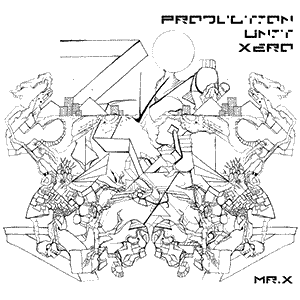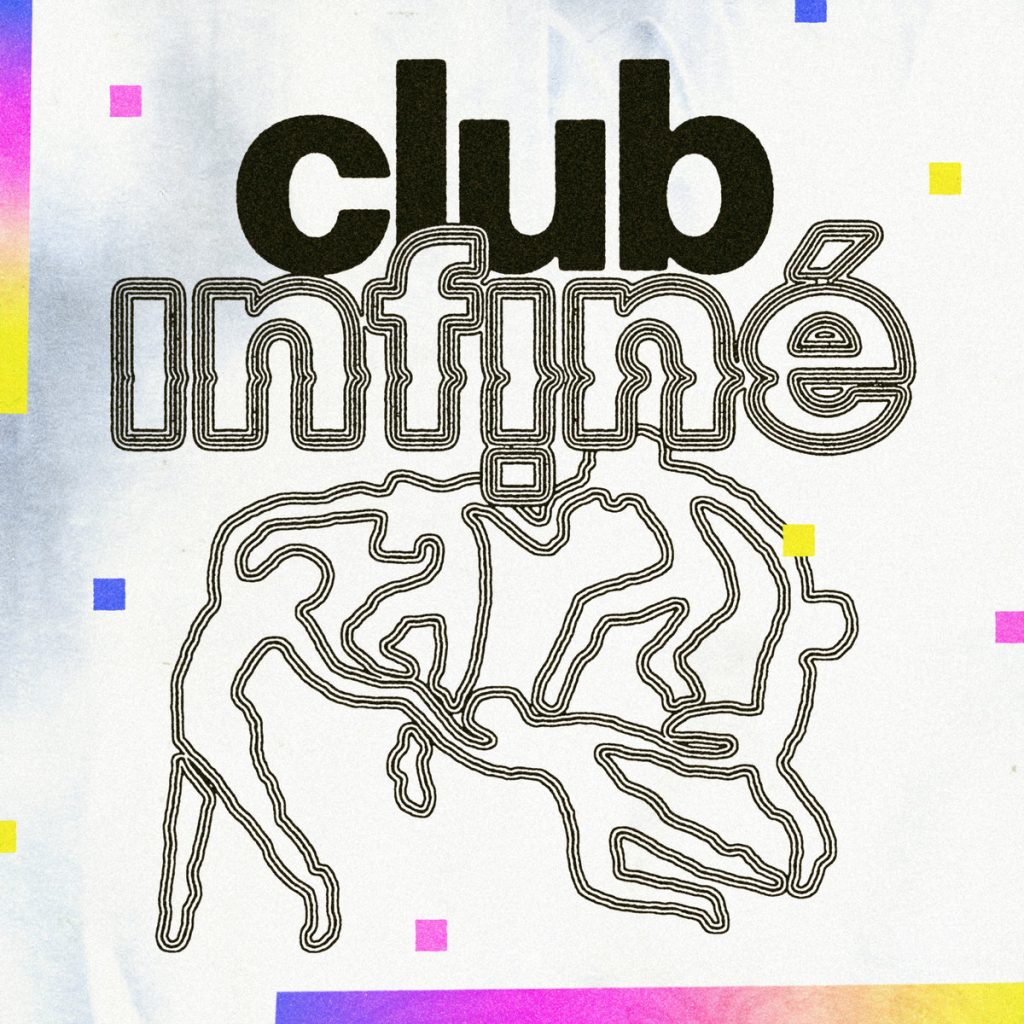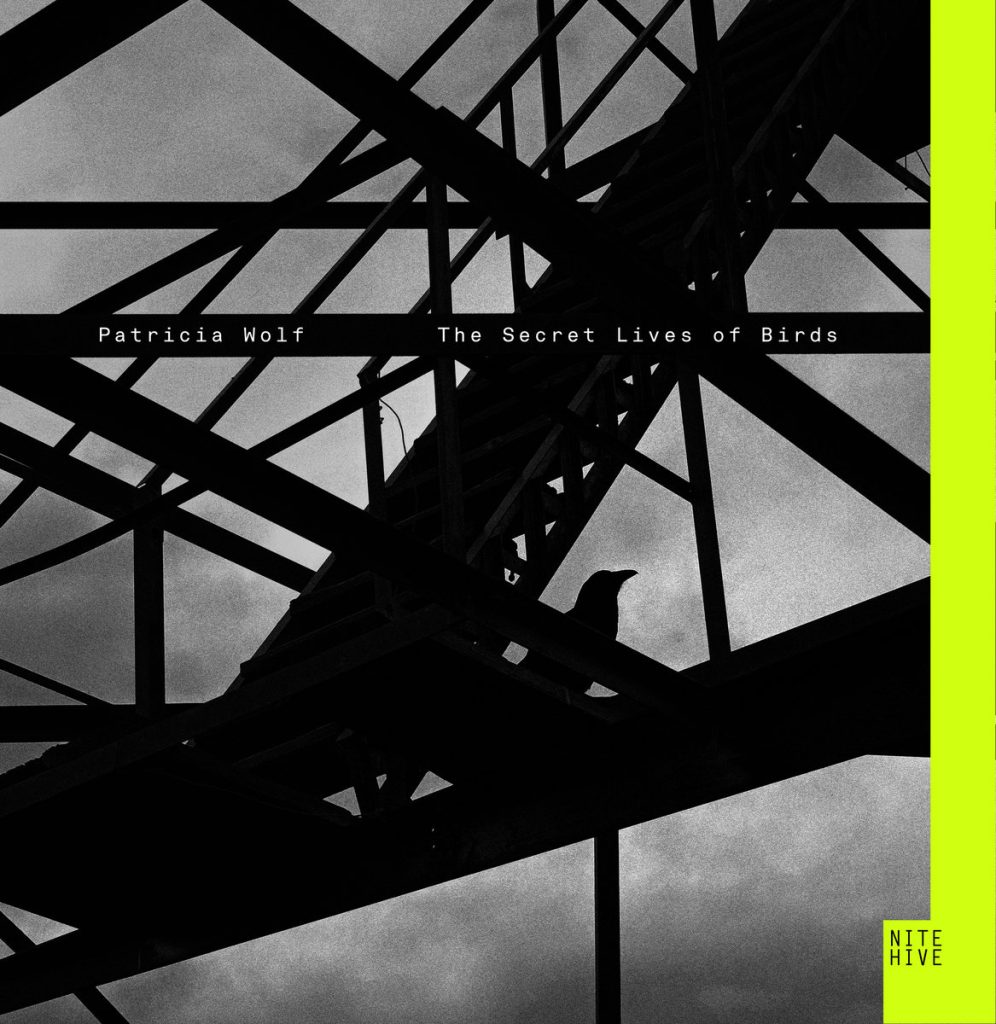What is Progressive Soul?
Origins and Characteristics:
As the 1960s transitioned into the 1970s, a new sound began to emerge from the R&B and soul arenas. This was a sound that was more introspective, experimental, and boundary-pushing than its predecessors. Thus was born “Progressive Soul” – a genre that blended the emotive vocals and rich rhythms of traditional soul with the more innovative and experimental inclinations of progressive rock and jazz.
- Lyrical Depth: Progressive soul artists often tackled deeper themes in their lyrics, reflecting on social issues, spirituality, self-awareness, and existentialism. The songs were not just about love and heartbreak; they became reflective commentaries on the times and personal introspection.
- Instrumental Exploration: While maintaining the foundational rhythms of soul, these artists began experimenting with longer instrumental breaks, incorporating elements from jazz, rock, and even classical music. Complex arrangements, unusual time signatures, and an emphasis on musicianship became common features.
- Albums over Singles: Echoing the trend in progressive rock, progressive soul artists began focusing more on crafting cohesive albums rather than standalone hit singles. These albums often told a story or revolved around a central theme.
- Incorporation of Technology: The use of synthesizers, electric pianos, and other modern instrumentation began to make its way into the progressive soul sound, further differentiating it from traditional soul music.
Key Artists and Albums:
- Stevie Wonder: Arguably one of the most influential artists in this genre, Stevie Wonder’s 1970s output is a masterclass in progressive soul. Albums like “Innervisions” (1973) and “Songs in the Key of Life” (1976) showcased his genius for blending soulful melodies with intricate arrangements and profound lyrical themes.
- Marvin Gaye: With his groundbreaking “What’s Going On” (1971), Marvin Gaye crafted a concept album that tackled societal issues from environmental degradation to the Vietnam War. This wasn’t just a collection of songs; it was a unified, poignant reflection on the state of the world.
- Curtis Mayfield: His solo work post-The Impressions, particularly “Curtis” (1970) and “Roots” (1971), dove deep into themes of African American pride, societal challenges, and self-realization, all while maintaining a lush, soulful backdrop.
- Donny Hathaway: Known for his emotive voice, Hathaway’s works, especially albums like “Everything Is Everything” (1970), combined a deep sense of musicality with introspective lyrics, making him a key figure in the progressive soul movement.
- Rotary Connection: Featuring the iconic Minnie Riperton, this group combined rock, soul, and even psychedelic elements to create a unique sound. Albums such as “Aladdin” (1968) exemplify their experimental approach.
Legacy and Impact:
- Blueprint for Neo-Soul: The introspection and musicianship of progressive soul laid the groundwork for the neo-soul movement of the 1990s and 2000s. Artists like Erykah Badu, D’Angelo, and Maxwell owe a debt to the progressive soul pioneers.
- Broadening the Horizons: Progressive soul played a role in breaking the genre confines, demonstrating that soul music could be as experimental and boundary-pushing as any other genre, from rock to jazz.
- Influence on Hip-Hop: The intricate arrangements and profound themes of progressive soul have been a treasure trove for hip-hop producers and samplers. Tracks from this era have been repurposed into countless hip-hop classics.
Progressive soul represents an era where artists were unafraid to push boundaries, both musically and thematically. It was soul music, but with a heightened sense of artistry, introspection, and ambition. From the visionary works of Stevie Wonder to the haunting beauty of Donny Hathaway, the progressive soul era was a testament to the endless possibilities of musical evolution. Today, as modern artists continue to blur and redefine genre lines, the bold explorations of progressive soul artists stand as both an inspiration and a reminder of the transformative power of music.




